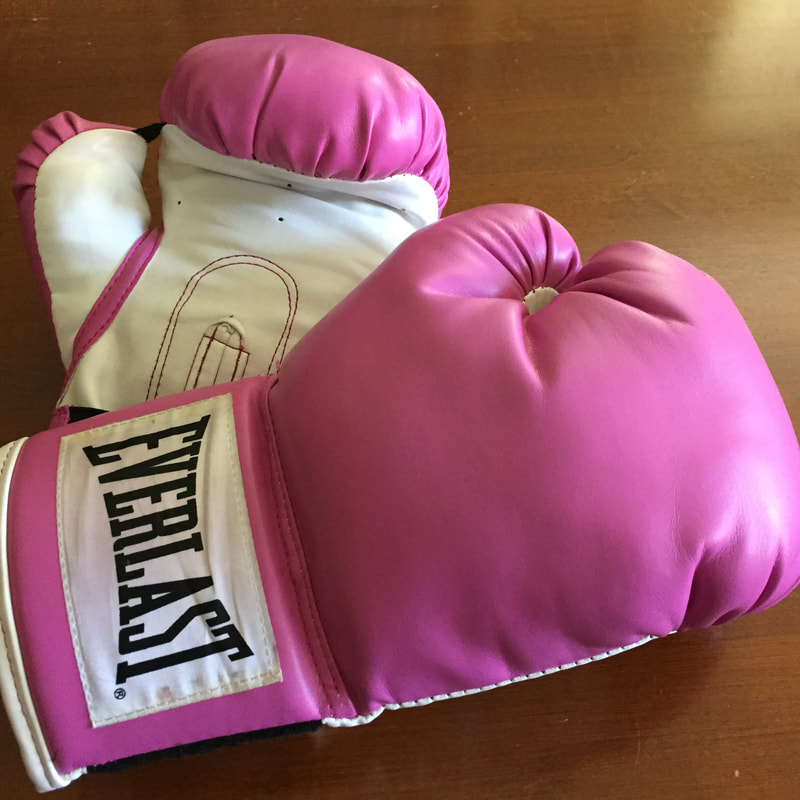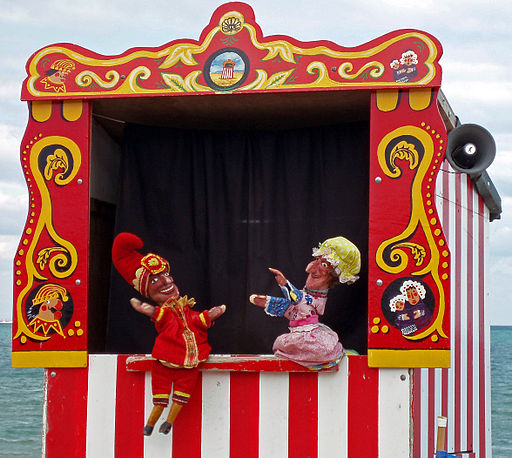\ˈpənch\
As I tackled that heap, I realized that my workout has been neglected as well. An injury kept me out of the ocean for a few months, and the treadmill at the Y was not holding my interest (especially once House of Cards became so grotesquely outstripped by reality that I couldn’t watch it any more). I was getting stiff and creaky and cross, so when a friend suggested I join her at a local kickboxing gym, I figured why the hell not? I don't think of myself as much of a bruiser, but I'd never tried anything like it before, and at least I’d get a chance to work out my frustrations. So I bought a pair of boxing gloves on eBay and have been devoting a chunk of my mornings to punching things.
“Punch” is a good solid verb. It means to hit something with a hard forward blow, especially with the fist. But somewhat to my surprise, “punch” is not directly related to the Latin pugnus, meaning “fist” (whence “pugnacious”) though it does apparently come from the same PIE root. Instead, “punch” is an abbreviation of puncheon, which is a tool used for perforating or stamping things—like an awl, or a cutting die, or a dagger. As such, “punch” is less about pugilism and more about pricking or stinging: it is closely related to “puncture” and “pungent,” and (more distantly) to “pounce.”
That got me wondering about all the other punches out there, which it turns out are similarly not about punching.
There’s the punch that we drink. I’d idly thought it might be so named because of the effect it can have on a drinker, or perhaps the piercing effect of a stiff hangover. But no, this word seems to come from the Sanskrit pañcāmṛta--panch (or “five”) plus āmṛta (“nectars”)—the five nectars of the gods. (Āmṛta, it turns out, comes from the same root as “ambrosia.”)
What exactly these uplifting nectars are differs depending on who you ask. One source lists them as spirits, rosewater, lemon juice, sugar, and spices, which actually sounds quite refreshing. Another suggests that the five are milk, curd, ghee, honey, and molasses. Tantric texts say that they are the five bodily excretions (saliva, urine, sexual secretions, menstrual blood and poo)—which still sounds better than the punch served at the college parties of my youth, consisting of grape Kool-Aid mixed with grain alcohol. Yes, it was as vile as you think.
(There is an alternative theory that punch was a sailor’s term for an alcoholic drink served on India-bound ships and that it was named for the puncheon (a large barrel—another meaning of the word) that it was served from. The OED dismisses this claim, but it is a nice story and if it helps keep your mind off the Tantric nectars, then go for it.)
| And then there’s Punch, of Punch and Judy fame. Since his character is literally all about hitting people, I thought for sure his name would have some link to punching. But no: Punch is an abbreviation of Punchinello, which in turn is an Anglicized version of Pulcinella, the baggy-pantsed, huge-nosed comic thug from commedia dell'arte. |
So I am coming to realize that punching isn’t quite what I thought it was. Because while there is certainly a good bit of slapstick involved in my own apprenticeship (like when I wind up for a big kick at the bag, miss, and end up flat on my butt—trust me, it's hilarious!), it's really not about fists and brute force.
In fact, the more I think about it, the more I realize the truth behind Muhammad Ali's brilliant catchphrase: Float like a butterfly, sting like a bee. We're talking stinging precision, a ruthless takedown of his opponent, and the sweetness of nectar under it all. That man knew how to pack a punch.



 RSS Feed
RSS Feed